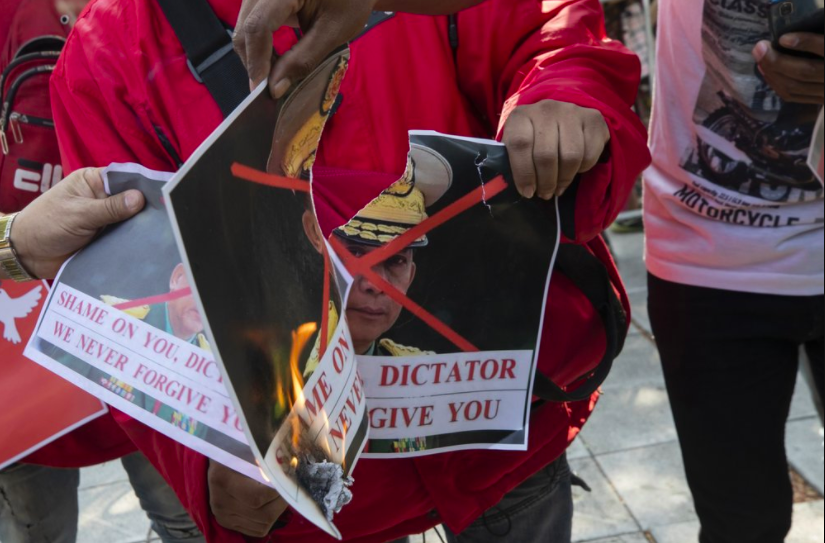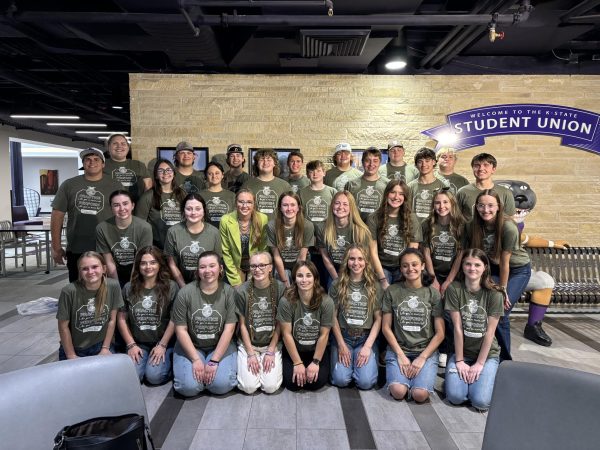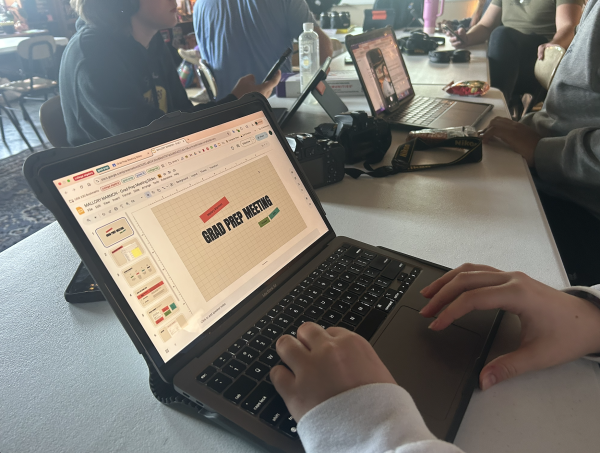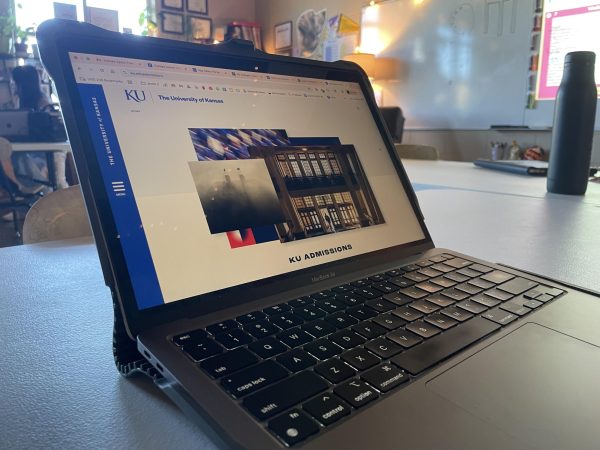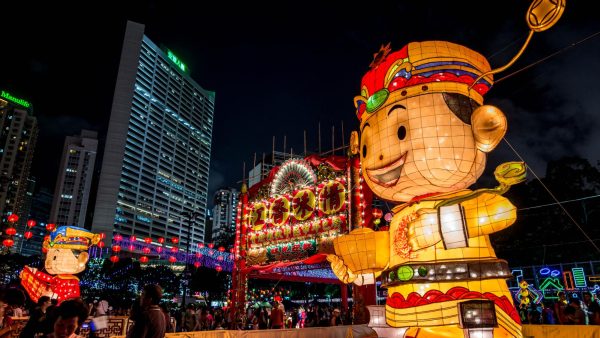The Myanmar Coup
On Feb. 1, the military of Myanmar overthrew the country’s government in a coup d’etat.They arrested civilian leaders, shut off the internet, and cut off flights. Although the democratic government was fragile, it is still unprecedented the military was successful in this.
On Feb. 3, two days after the military gained control, they took action against the country’s ousted civilian leader, San Suu Kyi. They pressed criminal charges upon her for violating an obscure important law, but it was widely seen as a way to keep her detained.
So what led to the coup in Myanmar?
The parliament was scheduled to hold its first session since the country’s Nov. 8 elections, in which the National League for Democracy – the country’s leading civilian party – won 83 percent of the body’s available seats. However, the military refused to accept the results of the vote, which was widely seen as a referendum on the popularity of San Suu Kyi. She has been the country’s civilian leader since 2015. The new parliament was expected to endorse the election results and approve the next government. The possibility of the coup emerged when the military surrounded the houses of Parliament with soldiers and threatened to “take action” after trying to argue that the election results were fraudulent in the country’s Supreme Court.
The coup was announced on a news station after the military detained several political figures, including the president, cabinet ministers, San Suu Kyi, and others. It was declared a national emergency that would remain in place for one year. The military seized control of the country’s infrastructure, suspending TV broadcasts, international flights, telephone and internet access, closing banks, etc.
Most major world leaders to respond to the coup have quickly condemned it, demanding that Myanmar’s military immediately free San Suu Kyi and the others that are detained. The Biden administration suggested that it would penalize Myanmar’s military hierarchy with unspecified sanctions.
Protests have broken out across Myanmar against the military coup. Although the military is trying to ease the strikes by setting curfews and limiting gatherings, the protesters are defying those warnings in mass numbers. The fight for the pro-democracy movement will continue on.

Hi, I'm Mallory Putnam and I'm a junior this year. This is my first year in SPUB, which I am very excited for all of the new opportunities it brings. I...


